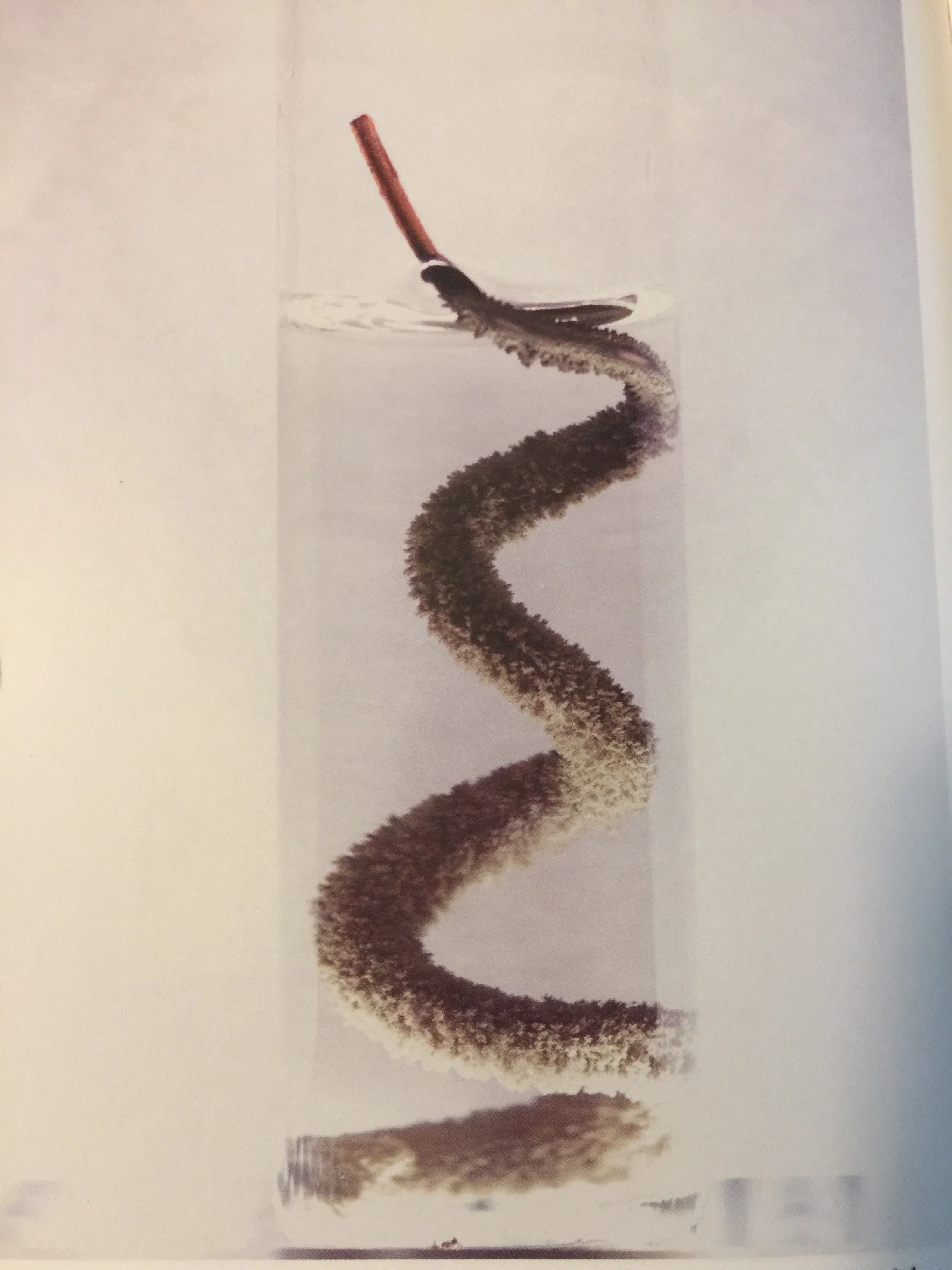Last December I made a commitment to write one blog post a month about chemistry for the year of 2017. It was a way facilitate life long learning while also diving deeper into a subject I just never got around to. Looking back on those posts now shares not only my exploration of chemistry, but the journey of 2017 in general.
My start of 2017 was pretty stable. In my last months in Bellingham, WA I had time and energy to ponder the big questions. While I didn't quite know what my next step was going to be, I explored topics like metallic hydrogen and using chemistry to make the best popcorn! All the while enjoying the unique chemistry of Pure Bliss desserts.











